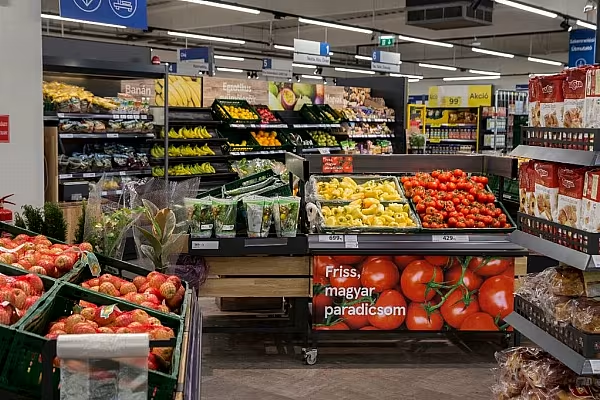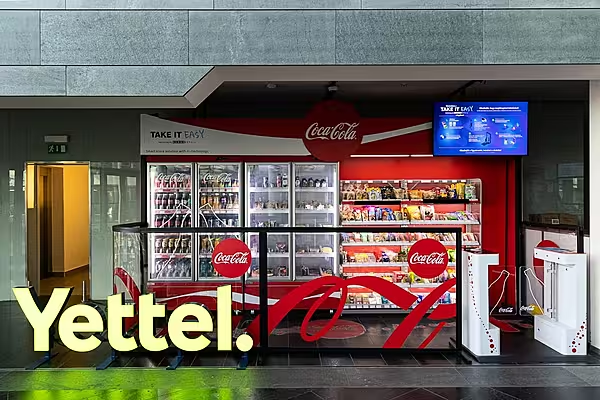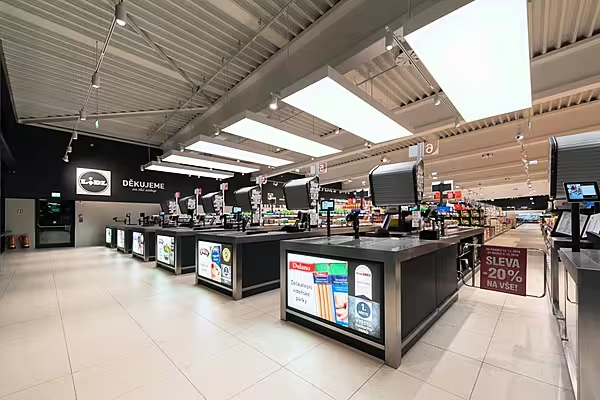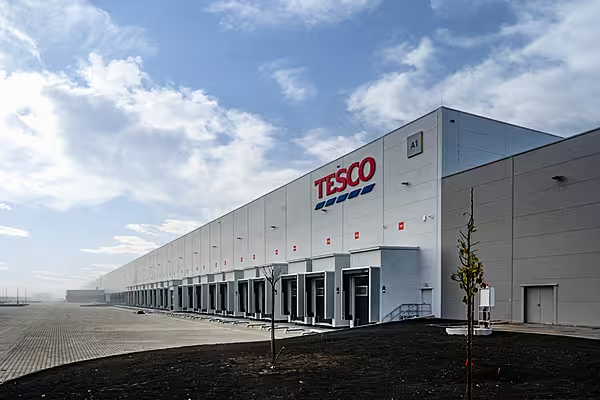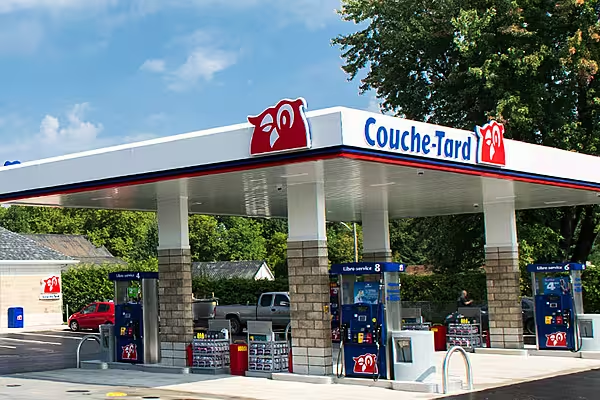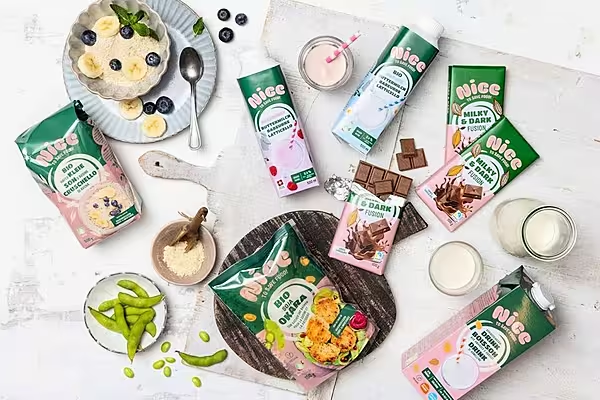Tesco chief executive Ken Murphy has said that the retailer is “committed” to Hungary and the other Central European markets in which it has a presence, despite seeing its operating profit in the region cut in half last year.
Announcing its full-year 2023/24 results, Tesco noted that adjusted operating profit in Central Europe stood at £90 million (€105.25 million) for the year – a 50% decline, year on year – citing ‘cost inflation headwinds and regulatory actions in Hungary’.
Like-for-like sales in Central Europe went up by 0.2%, it added. Tesco boasts operations in Hungary, Czechia and Slovakia.
‘An Extraordinary Year’
“Hungary has had an extraordinary year, in the sense that the government has put in quite a bit of regulation, which has hamstrung retailers,” Murphy told ESM during a media call accompanying Tesco’s results announcement. “[Retailers have] also faced exceptional effects and headwinds in that country, and were probably more exposed to the energy crisis than most other countries.
“So, Hungary has been a bit of a perfect storm, but it hasn’t been the only country impacted – we’ve seen impacts from energy in the other CEE markets as well.”
Murphy added that the group’s focus for its Central European operation over the past year has been on “protecting market share and providing value to customers,” adding that the business maintains a “very good team” in the region.
“Our hope is that this year we’ll see some normalisation,” he added.
Read More: Retail Sales Up 1.1% In Hungary In February
W23 Global
ESM also asked Murphy about the new collaborative venture capital fund, W23 Global, to which Tesco – along with Ahold Delhaize, Woolworths Group, Empire Company Ltd/Sobeys Inc. and Shoprite Group – has signed up.
“What we’ve realised is that we are one of a number of retailers around the world facing the same challenges and trying to exploit the same opportunities,” he explained. “This includes the challenge of how do we get to net zero, how do we improve our sustainability, how do we improve product innovation, and how do we find new and exciting technologies to improve our efficiency?
“And so, we saw great logic in pooling our resources under one umbrella to try and find answers to those challenges and opportunities. We’re really excited about it.”
Each retailer is an equal funder and partner in the VC fund, with the CEOs of each, including Murphy, sitting on the investment committee. In a statement earlier this week, the fund noted that it would seek to invest in start-ups and scale-ups that can ‘enhance customer experiences, transform the grocery value chain and address the sector’s sustainability challenges.’
“It has a broad remit,” said Murphy. “Some specific areas that it’s looking at include the whole sustainability and grocery innovation space.
“It will have a fund pool of about $25 million a year, cumulatively adding up to about $125 million, that it will use to back and identify anything from start-ups to small to mid-sized businesses, who we believe are real innovators in this space.”
Group Performance
At group level, Tesco reported sales of £61.48 billion (€71.87 billion) – an increase of 7.2% at constant exchange rates. Adjusted operating profit went up by 12.7%, at constant exchange rates.
The group noted that its private-label Finest range saw a 15.7% increase in sales during the year, to more than £2 billion, while it introduced more than 1,000 new store brand lines over the year.
According to Murphy, private label accounted for “more than 50%” of group volume sales last year, however, he wouldn’t comment on how much store brand sales had risen year on year.
“It’s a major part of our business,” he noted.
